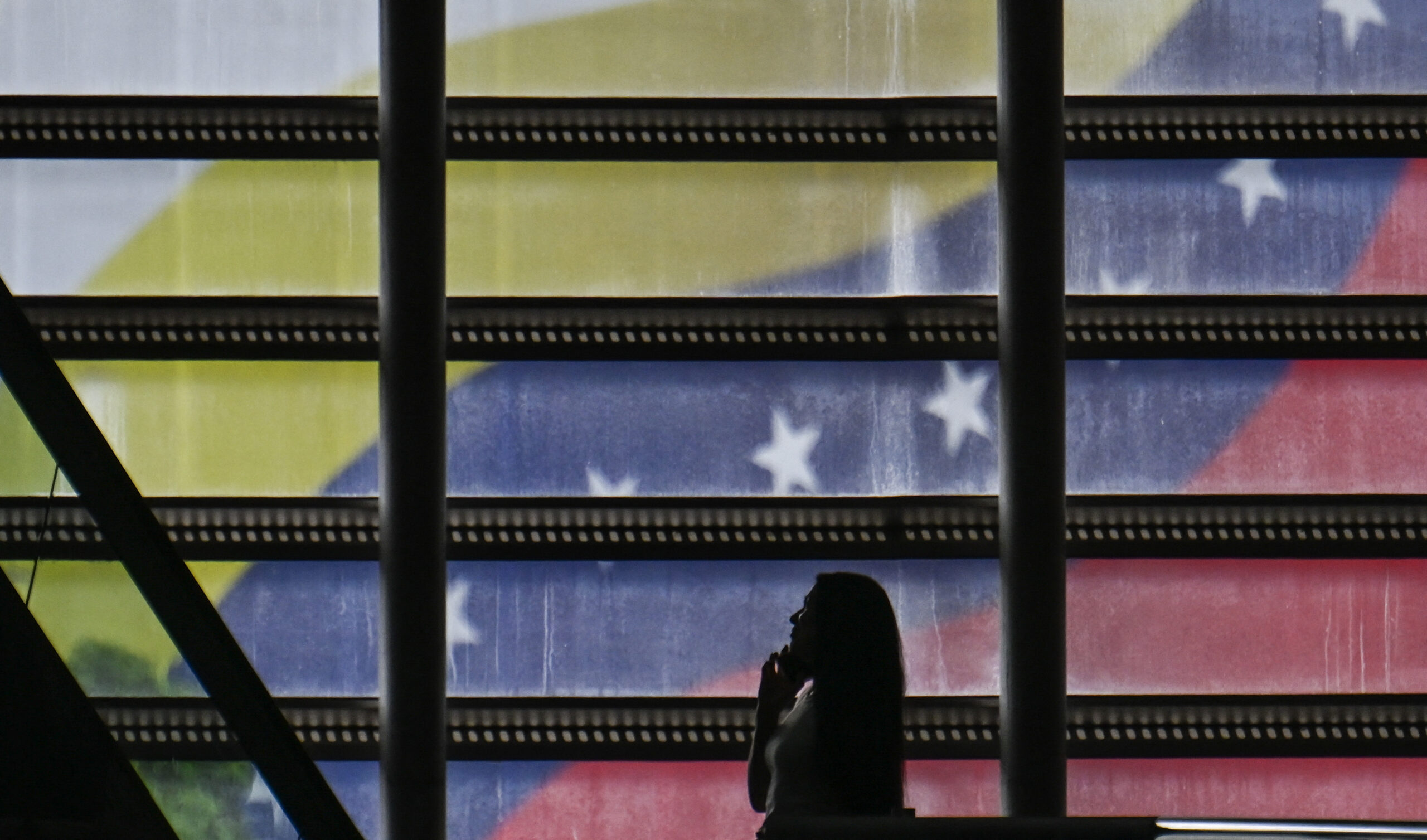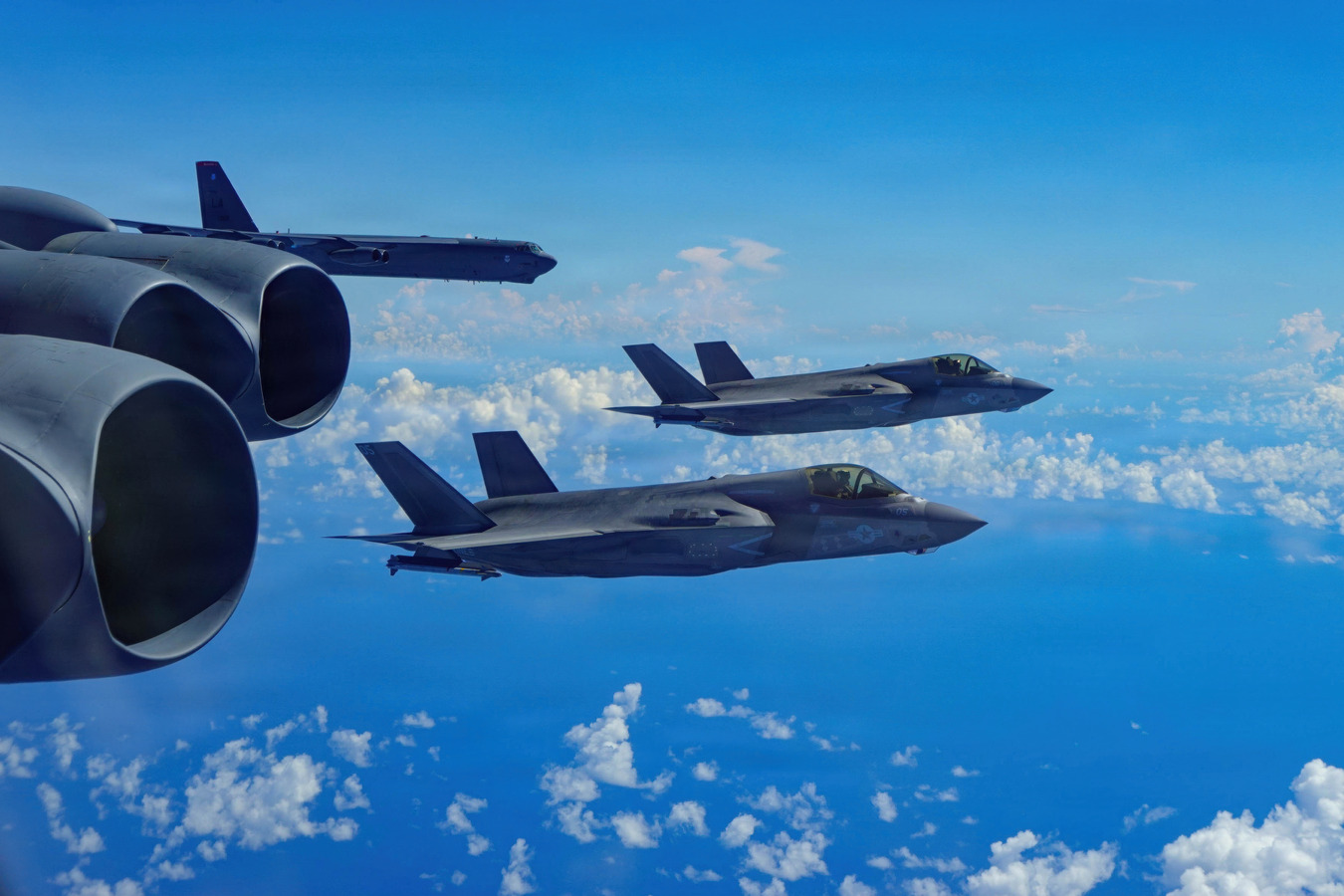Clinton on "Co-Responsibility" with Mexico
Clinton on "Co-Responsibility" with Mexico
Security rose to the top of the agenda during Secretary of State Hillary Clinton’s visit to Mexico, where she acknowledged the role of American guns and drug consumption in Mexico’s struggle against organized crime.
U.S. Secretary of State Hillary Clinton toured Mexico this week, grabbing headlines with her acknowledgment that the United States shares the blame for a violent drug war in Mexico. “Our insatiable demand for illegal drugs fuels the drug trade,” Clinton told reporters on her way to Mexico City. “Our inability to prevent weapons from being illegally smuggled across the border to arm these criminals causes the death of police officers, soldiers, and civilians. So yes, I feel very strongly we have a co-responsibility.”
Roughly 90 percent of the narcotics smuggled through Mexico get consumed in the United States, as AS/COA’s Christopher Sabatini explains on PBS’ Worldfocus. At the same time, American weapons smuggled south from the United States play a major role in the bloodbath in Mexico, where more than 7,200 people have died in violence related to organized crime since January 2008. As much as 90 percent of the weapons used in cartel-related violence in Mexico come from the United States. Last month, an article in The New York Times focused on arms trafficking and the lack of oversight over the thousands of licensed arms dealers in U.S. border states. Mexican President Felipe Calderón raised concerns about weapons smuggling, including of assault weapons, at AS/COA’s annual conference in Mexico City. He urged bilateral action on security.
The Obama administration has since taken steps to bear its share of the “co-responsibility” Clinton referred to. The secretary’s trip will be followed by visits from Secretary of Homeland Security Janet Napolitano and Attorney General Eric Holder next week as well as an official trip by President Barack Obama in mid-April. On the eve of the secretary’s trip, the U.S. Department of Homeland Security announced a multiagency security plan involving stepped-up manpower and new surveillance technology at the border. Clinton also announced $80 million in funding for Blackhawk helicopters to support Mexican law enforcement during her trip. “We are going to continue to monitor the situation and, if the steps we have taken do not get the job done, then we will do more,” Obama said about the new security plan in a March 24 press conference.
Moreover, during a March 26 interview on NBC, Clinton responded to a question about assault weapons, saying “these military style weapons don’t belong on anyone’s street.” U.S. Congress allowed a federal ban on assault weapons to expire in 2004. The Obama administration, including Holder, have advocated for reinstituting the ban but face a challenge from the U.S. gun lobby.
But while security has risen to the top of the agenda, Clinton’s visit addressed a number of other bilateral matters, from trade to energy to economic issues. “For the first time in U.S. history the full complexity and proximity of our relationship with Mexico is being dealt with at the level it deserves,” writes Sabatini in Americas Quarterly’s blog. But he cautions that, with the full plate of bilateral issues to deal with, immigration could “slip through the cracks;” the Obama administration should put comprehensive immigration reform back on the table.
On March 23, AS/COA hosted an event with Mexico’s Ambassador to the U.S. Arturo Sarukhán and former U.S. Ambassador to Mexico James Jones. Panelists outlined opportunities for bilateral cooperation on economic and security matters.








